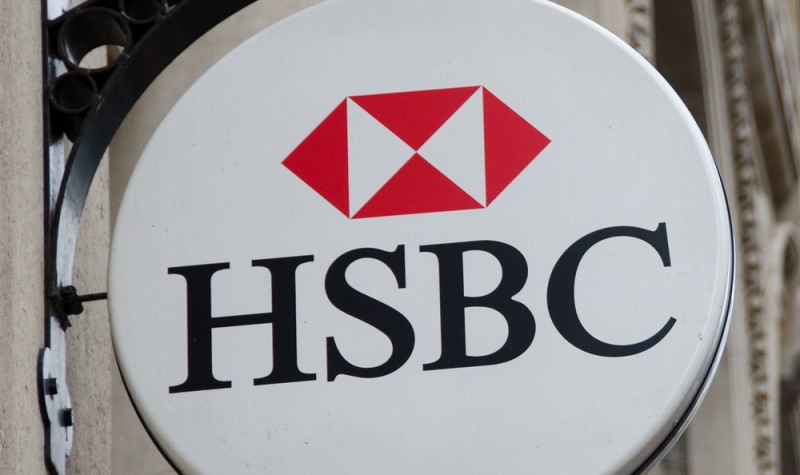3 FTSE 100 shares that have underperformed the index in 2020

Robert Stephens, CFA, discusses the prospects for three FTSE 100 shares that have produced disappointing returns so far in 2020.
As if the FTSE 100’s 17% decline in 2020 is not bad enough, some blue-chip shares have slumped by far greater amounts since the start of the calendar year. Among them are mining business Glencore (LON:GLEN), banking giant HSBC (LON:HSBA) and hotel operator InterContinental Hotels (LON:IHG).
Could they now offer good value for money after their underperformance of the FTSE 100? Or, are there better opportunities to take part in the stock market’s likely long-term recovery?
Glencore
Resources companies are often hardest hit by the prospect of a global economic slowdown. Reduced economic activity can cause demand for commodities to decline, which may explain Glencore’s 26% share price drop this year.
The company’s focus on cost control and its capacity to maintain the operation of most of its assets in spite of containment measures could help it to mount a comeback over the medium term. Its marketing division has previously benefited from volatile commodity markets, and is on track to meet the firm’s previous annual guidance. Likewise, its diverse range of operations may offer a competitive advantage versus pure-play operators.
Therefore, in the long run Glencore could offer recovery potential. In the meantime, global economic weakness may mean that its share price maintains a high level of volatility within a relatively risky resources industry.
HSBC
The outlook for global banks such as HSBC has materially worsened since the Covid-19 pandemic commenced. The bank faces what is now likely to be an extended period of low interest rates in many of the markets where it operates. This will inhibit profitability across the banking sector, as it reduces net interest margins.
Reduced economic activity is likely to lead to lower lending and impairments such as those that pushed the firm’s reported pre-tax profit 48% lower in Q1. An absence of a dividend may make it even more difficult for investors to become bullish about the stock even after its 33% decline in 2020.
Still, HSBC’s exposure to economies with long-term growth potential across Asia could lead to improving returns in the long run. Its cost reduction plans may be paused for now, but they could improve its efficiency and aid profit growth in future.
InterContinental Hotels
Lockdown has produced some of the most difficult operating conditions in living memory for hotel operators such as InterContinental Hotels. Its Q1 RevPAR (revenue per available room) dropped by 25%. It declined by 55% in March, and the company expected the figure to reach a fall of 80% for April.
The firm is reducing costs to preserve cash and improve its financial position. It has accessed government funding and amended its existing debt facilities to lengthen them as well as to include a covenant waiver. The business now has sufficient liquidity to operate in a zero-revenue environment for 18 months.
Therefore, after InterContinental Hotels’ 23% share price decline this year, it could offer turnaround potential. Its diverse range of hotels in non-urban markets across a range of countries could allow investors to take part in a likely economic recovery as containment measures across the world are gradually eased.
Comments (0)